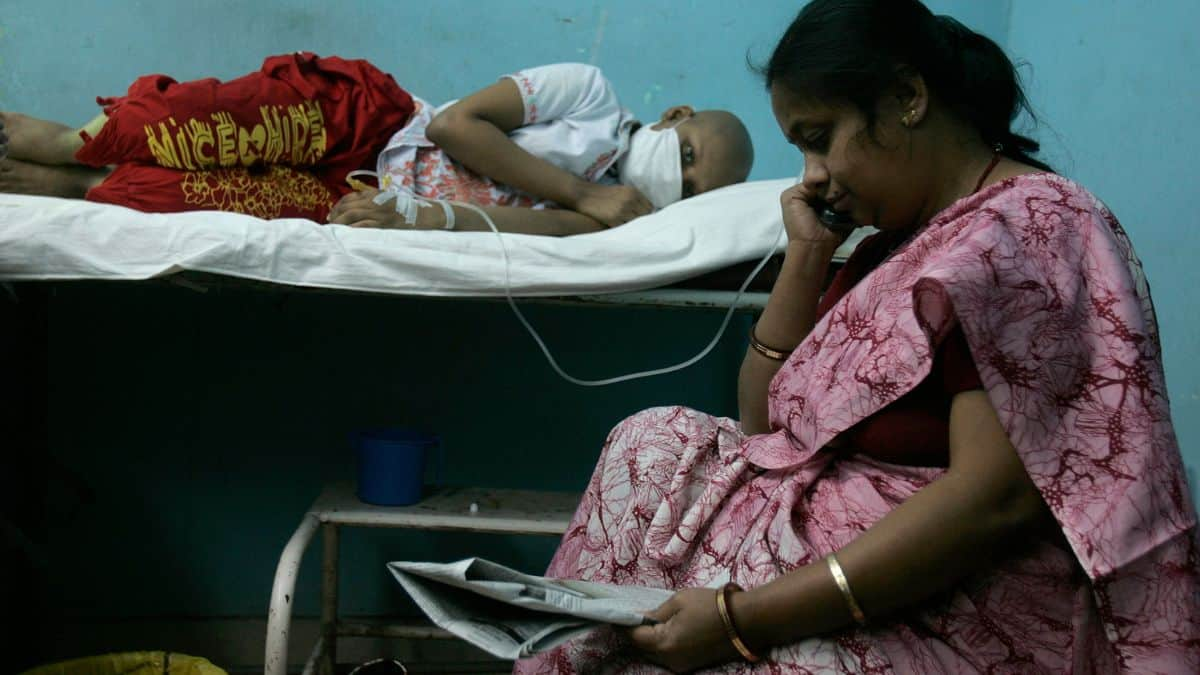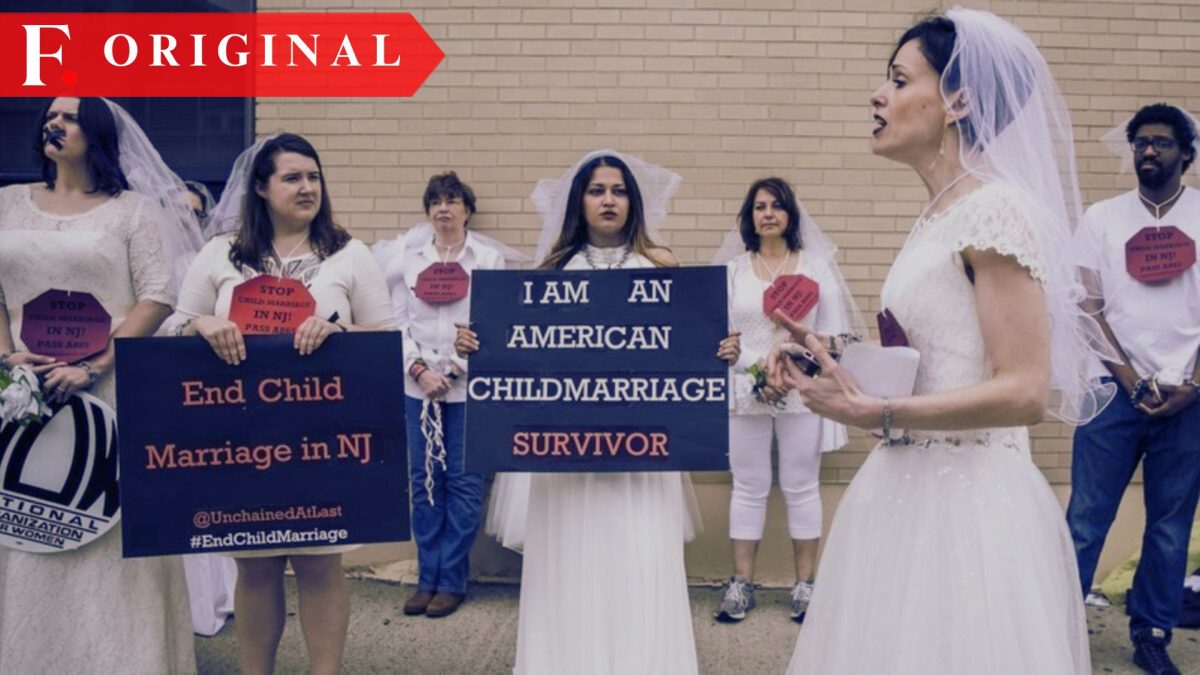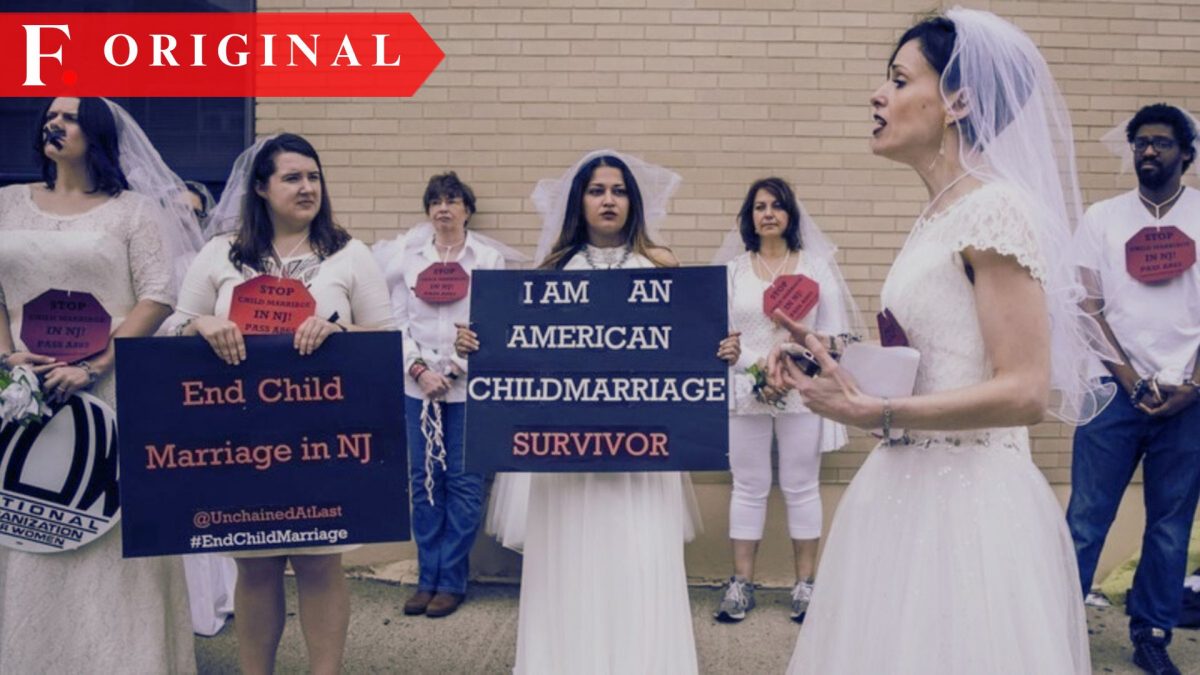In the wake of a recent spate of child fatalities linked to tainted cough syrups in India, parents are intensifying scrutiny over medicines once taken lightly. Delhi authorities have moved to ban the sale and distribution of the implicated Coldrif formulations after laboratory tests flagged alarmingly high levels of diethylene glycol (DEG) — a toxic industrial chemical in the samples. With fears mounting and questions swirling over oversight and quality control, the urgency to understand how such ostensibly common remedies pose grave risks has reached a critical pitch.
Firstpost talked to Dr. Pradeep Kumar Singh, MBBS, MD, Senior Consultant Paediatrician, Kailash Hospital, Greater Noida to shed light on the hidden dangers of cough syrups in children, the risks of contamination and what parents should know before administering medication.
Could you explain why some cough syrups can be dangerous for children?
Dr Singh: Cough syrups, if prescribed and not strictly monitored, are dangerous for children due to a variety of reasons. Developing organs and lean body mass in children make them vulnerable to even traces of lethal chemicals. Some syrups contain combinations of ingredients like antihistaminics, decongestants, or opioids, which can cause drowsiness, difficulties in breathing, or even toxicity. Recently, the toxic agent diethylene glycol (DEG) /ethylene glycol, an industrial cleaning agent, has been mixed into batches. These chemicals are not meant for medical use and can lead to severe health issues, including multiorgan dysfunction or death. Furthermore, most coughs in children are viral and self-limiting and will typically improve on their own without the need for medication. Frequent consumption of cough syrups poses a risk to children, offering no benefit to them.
When is it safe to take cough syrup, and who should avoid it?
Dr Singh: Cough syrups should only be taken under medical supervision, especially for children. They may be prescribed when the cough is disrupting sleep or associated with specific respiratory conditions. However, not all coughs require medication; most viral coughs in children get better on their own. Infants and toddlers, especially under the age of four, should avoid most over-the-counter cough syrups due to the risk of side effects like slowed breathing, drowsiness, or toxicity. People with liver or kidney problems, or those taking multiple medications, should also be cautious. Adults and older children can use certain syrups briefly if advised by a doctor. The safest approach is to treat the cause of the cough rather than just the symptom, for example, using inhalers for allergic or asthmatic coughs instead of syrups. Always check the label and consult a healthcare provider before using any syrup.
Are there certain ingredients in cough syrups that pose higher risks, such as diethylene glycol or other toxic substances?
Dr Singh: Yes, certain ingredients in cough syrups can be highly dangerous, particularly when manufacturing standards are not strictly followed. Diethylene glycol (DEG), Codeine
Cough suppressant, Dextromethorphan and ethylene glycol are toxic industrial chemicals that have been mistakenly or illegally used in some syrups in place of pharmaceutical-grade solvents. These substances are not safe for human consumption and can lead to severe poisoning, especially in children. Apart from these, some syrups contain codeine, a mild opioid, which can suppress breathing and is not recommended for young children. Other ingredients, like antihistamines or decongestants, can cause harmful reactions if overdosed or combined inappropriately. This highlights the importance of sourcing medicines from trusted manufacturers and avoiding unapproved or over-the-counter combinations. Regulatory failures and a lack of quality control during production can allow such harmful substances to enter the market, putting vulnerable populations, especially children, at serious risk.
Impact Shorts
More ShortsHow do these substances affect the body, particularly children’s kidneys or brain?
Dr Singh: Toxic substances like diethylene glycol (DEG) can cause serious damage to vital organs in the body, especially in children. After ingestion, DEG is absorbed into the bloodstream and breaks down into compounds that are harmful to the kidneys, liver, and central nervous system. In children, whose organs are still developing, the effects are more severe and can appear rapidly. One of the earliest signs of toxicity is reduced urine output, followed by vomiting, fatigue, abdominal pain, and confusion. If not treated quickly, it can progress to acute kidney failure, seizures, coma or even death. The kidneys are particularly vulnerable because they are responsible for filtering toxins. When overwhelmed by such chemicals, they may shut down entirely. The brain can also be affected, leading to drowsiness or neurological symptoms. Prompt medical attention is essential if a child shows any unusual symptoms after taking medication.
Which cough syrups are considered safe for children and for what age groups?
Dr Singh: Not all cough syrups are suitable for children, and safety depends on the child’s age, symptoms, and underlying health conditions. For infants and toddlers under 4 years, most over-the-counter syrups are not recommended due to the risk of side effects and lack of proven benefit. For children between 4 to 6 years, steam nasal saline or one drug formulation can be used, but only if prescribed by a doctor. Children above 6 years can tolerate certain syrups better, but even then, use should be limited and closely monitored. Single-ingredient formulations (such as plain antihistamines or expectorants) are generally safer than combination syrups. Doctors often prefer using inhalers or nebulizers for children with allergic or bronchial coughs, especially in polluted or dusty environments. It’s best to consult a pediatrician before giving any syrup, as many coughs in children are viral and self-limiting, requiring only supportive care like rest and fluids
Are over-the-counter cough syrups safe for all children, or should they be avoided under a certain age?
Dr Singh: Over-the-counter (OTC) cough syrups are not safe for all children, especially those under the age of 4 years, and should be avoided unless specifically recommended by a healthcare provider. In young children, these syrups can cause serious side effects such as drowsiness, slowed breathing, confusion, or allergic reactions. Many OTC syrups are formulated for adults and contain doses or combinations of ingredients that are unsafe for children. Even in older children, such syrups should be used cautiously and for a short duration only. It is a common misconception that all coughs need medication; most childhood coughs are caused by viral infections and improve on their own. Giving unnecessary syrups can delay proper diagnosis and expose the child to risks. Parents should always check age recommendations on labels and seek medical advice before giving any medication to a child.
Why do some children suffer severe reactions while others do not?
Dr Singh: Children respond differently to medications based on several factors, including their age, weight, metabolism, genetic makeup, and overall health. A child with an underlying condition like kidney or liver issues may not process certain ingredients properly, making them more vulnerable to side effects or toxicity. The severity of the reaction can also depend on the dose consumed and the specific ingredients in the syrup. In cases of contamination, like exposure to toxic substances such as diethylene glycol, the outcome can vary depending on how much was ingested and how early the poisoning was detected. Some children may suffer mild symptoms, while others progress to severe organ damage. Additionally, improper storage, expired products, or unsupervised use or large doses can also contribute to harmful effects. This is why it is important to avoid self-medication, follow dosing instructions carefully, and monitor children closely after giving any medicine.
Why do incidents like these still happen despite existing rules?
Dr Singh: Despite having drug regulations in place, incidents of contaminated cough syrups continue to occur due to gaps in enforcement, poor oversight, and fragmented regulatory systems. India’s pharmaceutical industry is vast, with thousands of manufacturers, including many small-scale producers. While regulations exist on paper, routine inspections, quality checks, and audits are not always consistently applied, particularly at the state level. Sometimes, industrial-grade chemicals are used instead of pharmaceutical-grade ingredients due to cost-cutting or negligence, leading to contamination. Inadequate testing before market release and poor tracking of batches make it difficult to catch issues early. Additionally, unlicensed sellers, informal medical providers, and over-the-counter sales without prescriptions further increase the risk. Strengthening regulatory mechanisms, increasing transparency, and enforcing penalties for violations are essential to prevent such tragedies. Public awareness also plays a role; both parents and healthcare providers must be cautious and well-informed.
If a child shows unusual symptoms after taking a cough syrup, what immediate actions should be taken?
Dr Singh: If a child develops unusual symptoms after taking a cough syrup, such as vomiting, palpitations, drowsiness, reduced urination, or difficulty breathing, it’s important to seek medical attention immediately. These could be early signs of drug toxicity or organ damage, especially if the syrup was contaminated or inappropriate for the child’s age. Do not wait for symptoms to worsen. Bring the medicine bottle or packaging to the hospital to help doctors identify the ingredients. Do not attempt to treat the reaction at home or give another medicine to counter it. In serious cases, children might require hospitalization, blood tests, dialysis, or other emergency treatments to manage the effects. Acting quickly can greatly improve the child’s chances of recovery. If possible, also report the adverse reaction to your local health authority so they can investigate and take action to protect other families.
Viral colds vs serious illnesses in kids
Dr Singh: Most childhood colds and coughs are caused by viral infections, which usually improve within 3 to 5 days with simple supportive care like rest, fluids, and steam inhalation. A mild cough, low fever, nasal congestion, and sore throat are common symptoms that do not usually require medication. Parents should focus on keeping the child hydrated, maintaining a comfortable environment, and avoiding exposure to smoke or dust. However, warning signs that require medical attention include high or persistent fever, laboured breathing, wheezing, severe coughing fits, and refusal to eat or drink; all these symptoms will need an emergency hospital visit. Children with a history of asthma or allergies might also need tailored treatment. It’s best to consult a doctor rather than rely on over-the-counter syrups, which often do not shorten the illness and pose risks. A pediatrician can help determine the right course based on the child’s specific symptoms.


)

)
)
)
)
)
)
)
)



